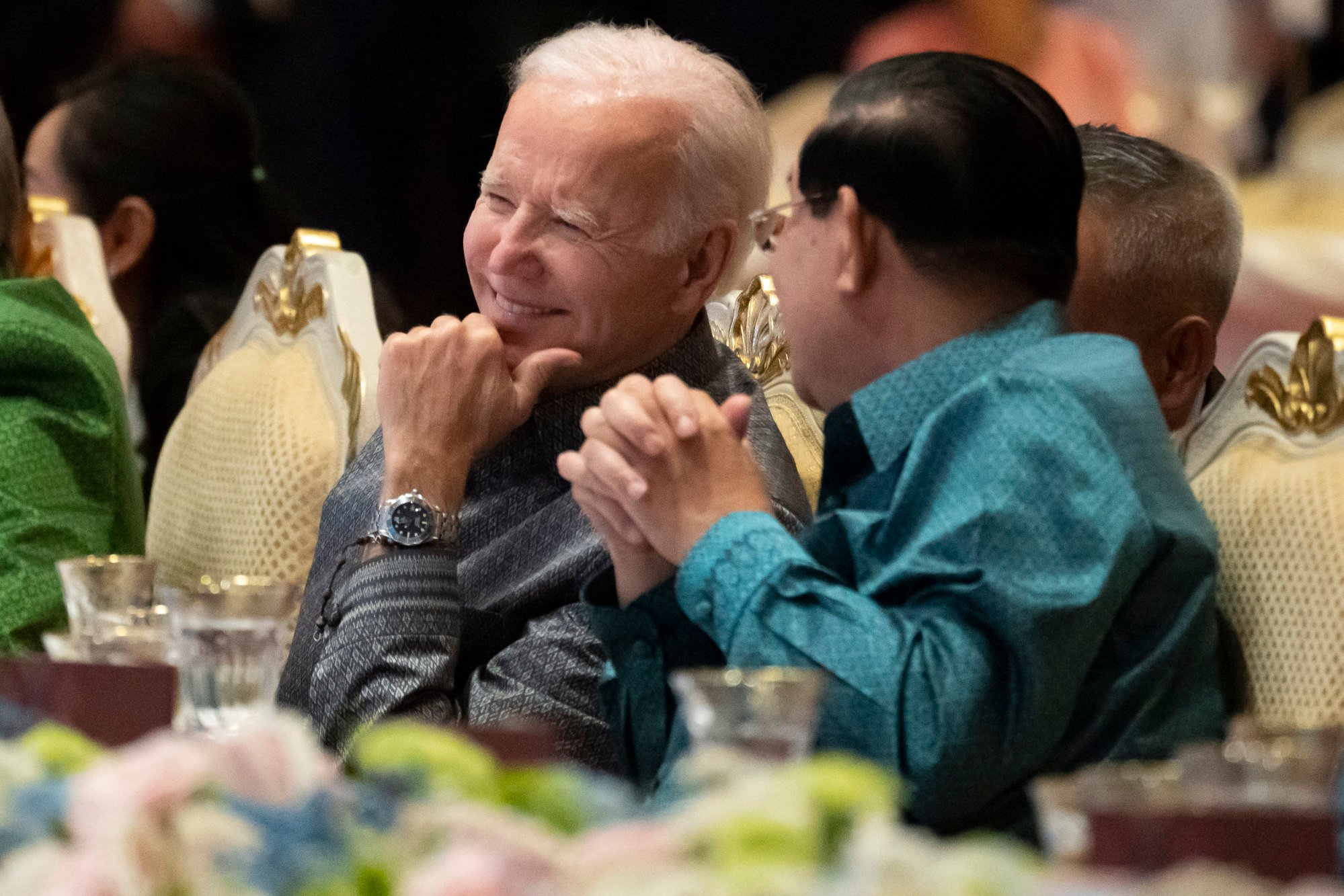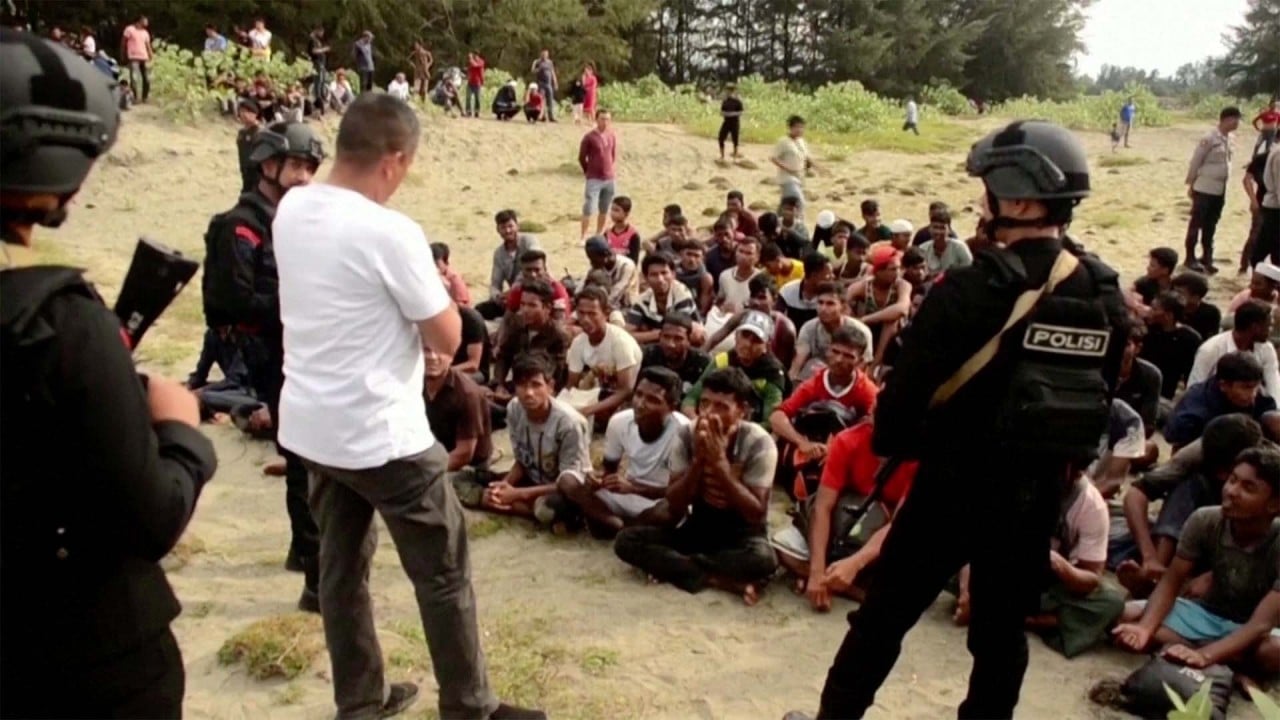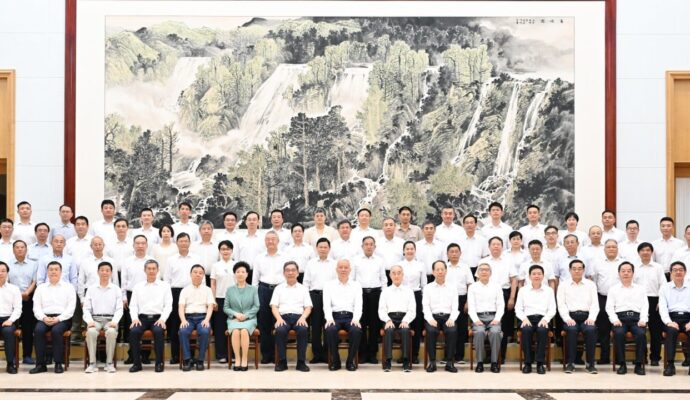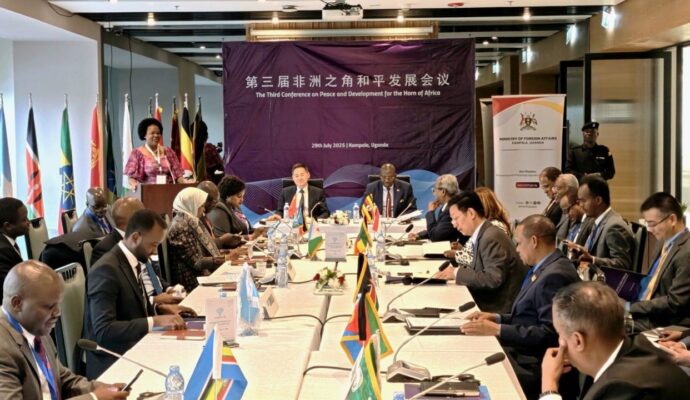The first cohort of a new annual US fellowship for the Association of Southeast Asian Nations (Asean) has arrived in Washington to a warm welcome – and a growing debate about how Southeast Asia will balance its relationships with China and the US.
On the rooftop of the new building housing the Johns Hopkins School of Advanced International Studies (SAIS) – the institutional host of the initiative – US Deputy National Security Adviser John Feiner spoke on Tuesday about the administration’s “unprecedented” efforts to engage the region, including the formal upgrading of the US-Asean relationship in November.
“This enhanced diplomatic architecture will ensure that every part of our government continues to pursue ambitious new forms of cooperation with Asean long into the future,” he said, speaking of the new US-Asean “comprehensive strategic partnership”.
Asean has the same level of partnership only with three other states: China, India, Australia. China and Australia were the first to receive the status in 2021.
The United States is “more committed than ever” to helping Asean achieve its vision of a peaceful, free and prosperous region, Feiner said.
As part of a month-long programme that began on July 31, the fellows are engaging with government, academic and private sector actors in a series of meetings and training sessions centred on four themes: emerging technologies, public health, security and climate challenges.
Advertisement
The fellows hail from different parts of their governments and the Asean secretariat, representing backgrounds ranging from trade to health. The Myanmar contingent is the only one that comes from civil society, as the host declined nominees forwarded by the country’s ruling military junta.
“Asean centrality” was featured in US President Joe Biden’s Indo-Pacific Strategy, released in February 2022, where the administration also said it sought to “shape the strategic environment” in which China operated rather than “change” Beijing.
Xi-Biden meeting dominates Asean, G20 and Apec summit season
Xi-Biden meeting dominates Asean, G20 and Apec summit season
Since the special summit in May 2022 where Biden hailed a “new era” in US-Asean ties, the two sides have held and scheduled minister-level meetings on climate, health, transport and women’s empowerment – building on long-standing dialogues on economics, defence and foreign affairs.
The US also plans to expand other people-to-people programmes in the next few years, such as doubling the size of the Young Southeast Asian Leaders Initiative – a cultural exchange programme for Southeast Asian professionals under 35 – before 2026.
Observers note that the new “rising leaders” programme is part of the administration’s efforts to convince Asean that it seeks to engage the region on its own merits, rather than only in the context of US-China competition and security concerns.
US beats China in soft power and popularity in Southeast Asia: analysis
US beats China in soft power and popularity in Southeast Asia: analysis
“The focus on people-to-people ties is sorely needed because sometimes the perception in the region is that the United States is focused squarely on issues related to military diplomacy,” said Andreyka Natalegawa, an associate fellow at the Centre for Strategic and International Studies’ Southeast Asia programme.
Advertisement
“Southeast Asian countries have made it very clear that they don’t want to choose” between the US and China, he added.
“The current approach by the administration has been not one of forcing countries to choose, but rather one of providing countries options.”
Advertisement
Joshua White, a professor at Johns Hopkins SAIS and the programme’s director, noted that the fellowship is distinct from other US-led programmes in that it is fully funded by private donors and run with “full academic independence” – while also receiving logistical support from the White House that provides fellows with high-level access to US officials.

White added that the programme was consciously designed so that it is not oriented around China and rather “around the kinds of policy choices and the kinds of policy partnerships that might be possible between the United States and Asean countries”.
Advertisement
Tuesday’s welcome reception also featured remarks by SAIS dean Jim Steinberg; the Cambodian ambassador to the US, Keo Chhea; and Marc Mealy, senior vice-president of the US-Asean Business Council.
Mealy’s remarks touched on the pressure to choose sides that Asean actors consistently find themselves in.
“You all will discover, there is a very prominent discourse in our country about US-China,” he said.
Advertisement
“But I think it’s in our collective interest if we understand some of the more nuanced perspectives about the US-Southeast Asia relationship, and not just simply fold that relationship into a more dominant narrative around US-China relations.”
Advertisement


